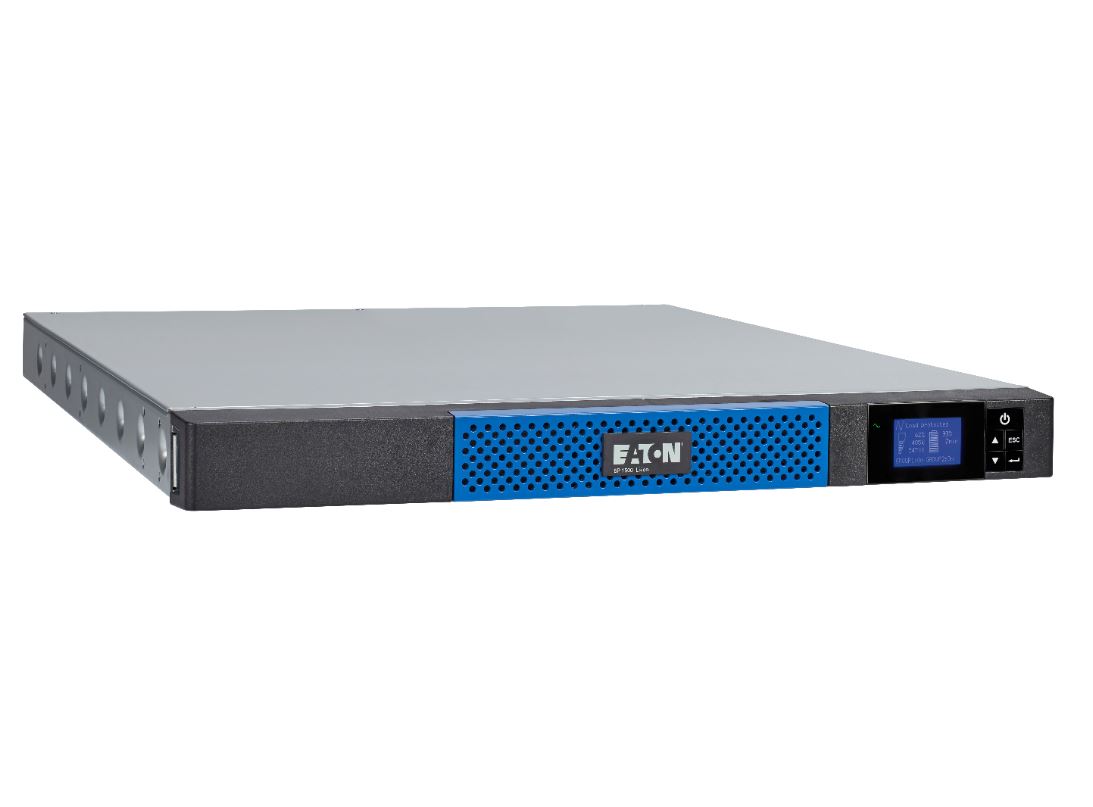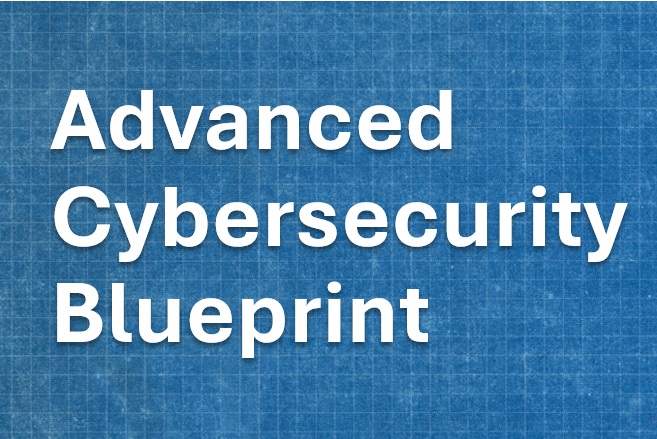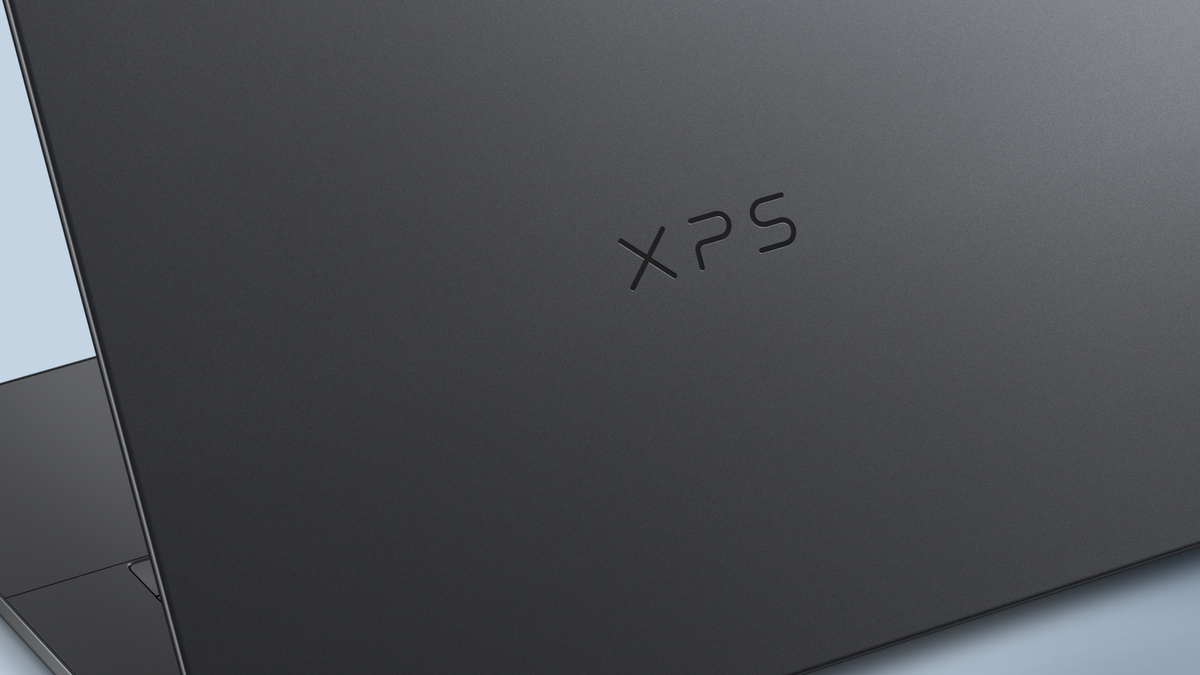Eaton Corp.‘s power quality division has added models bearing lithium ion batteries to its 5P line of uninterruptible power systems.
Housed in a compact 1U case, the new units are 20 percent lighter than 5P devices equipped with traditional lead acid batteries, according to Kevin Lindley, a product manager at Raleigh, N.C.-based Eaton.
“This is certainly advantageous when weight is at a premium,” he says, citing edge computing use cases that require a UPS to be mounted on a wall or mobile rack as examples.
Eaton’s lithium ion batteries also lend themselves well to medical facilities, universities, K-12 school systems, and other environments that need continuous power but have limited onsite IT staff, Lindley continues, as they’re designed to provide eight years of service.
“We have the intention of using this unit more in that distributed IT type environment where someone may not see the UPS for many years,” he says.
For the same reason, the new lithium ion 5Ps are designed to require minimal management. “It’s really that set it and forget it type application,” Lindley says, adding that technicians can use Eaton’s Intelligent Power Manager application to perform any administrative tasks that are required quickly and remotely.
“This is a system that allows IT managers to be able to really spend time on the things that matter the most,” he states.
The latest 5Ps also support the Gigabit Network Card that Eaton introduced last November as an optional add-on. The first UPS network management card to be certified as compliant with the stringent UL2900-2-2 security standard, the Gigabit Network Card employs a combination of techniques, such as requiring users to boot into password-protected secure connections, to keep intruders from utilizing UPS hardware as an entry point for compromising sensitive data.
“It won’t allow access to the card if it’s tampered with,” Lindley notes.
Lithium ion 5P devices come in 120 V and 200-240 V configurations. Rails and brackets for four-post rack mounting and wall mounting are included with the units, and an optional two-post mounting kit is available separately as well.
According to Lindley, while lithium ion 5P devices cost more upfront than lead acid SKUs, their longer battery life saves companies money on replacement parts and labor over the life of the product. “You’ll find that the pricing is less than what it would be for a lead acid equivalent unit that has at least one battery change,” he says.
The new devices are backed by a five-year standard warranty on the UPS itself as well as its batteries.
Though they’re smaller, lighter, more durable, and more environmentally friendly than the lead acid cells most UPSs rely on today, lithium ion batteries are relatively new to power quality hardware, due largely to concerns among users about their flammability. “Safety is one thing that comes up a lot of times because of what you hear in the news about consumer products with lithium,” Lindley notes. Eaton’s batteries, however, utilize a phosphate-based version of lithium ion. “This is the most stable lithium ion chemistry,” Lindley says.
Eaton’s lithium ion cells comply with rigorous safety standards such as the federal Department of Transportation’s UN/DOT 38.3 certification as well. The UPS hardware that contains them also comes with an onboard management system that measures cell voltages and temperatures to ensure that battery packs aren’t headed for thermal runaway conditions.
Eaton shipped its first UPS products with lithium ion batteries late in 2017. Demand for those systems has been strong so far, according to Del Misenheimer, senior vice president and general manager of Eaton’s power quality division.
“It’s slower in some of the smaller units, because the takeoff there is a little bit slower, but I would say in the larger section of the market, particularly around data centers, it’s moving very fast,” said Misenheimer in a February interview with ChannelPro†during the vendor’s annual partner summit conference. “Our sales were up over 100-and-some percent in 2018 versus what they were in ’17.” They’re on pace to increase 200 to 300 percent further this year, he continued.
Lithium ion 5P models are available for ordering now. According to Lindley, they will begin shipping within roughly one week.













